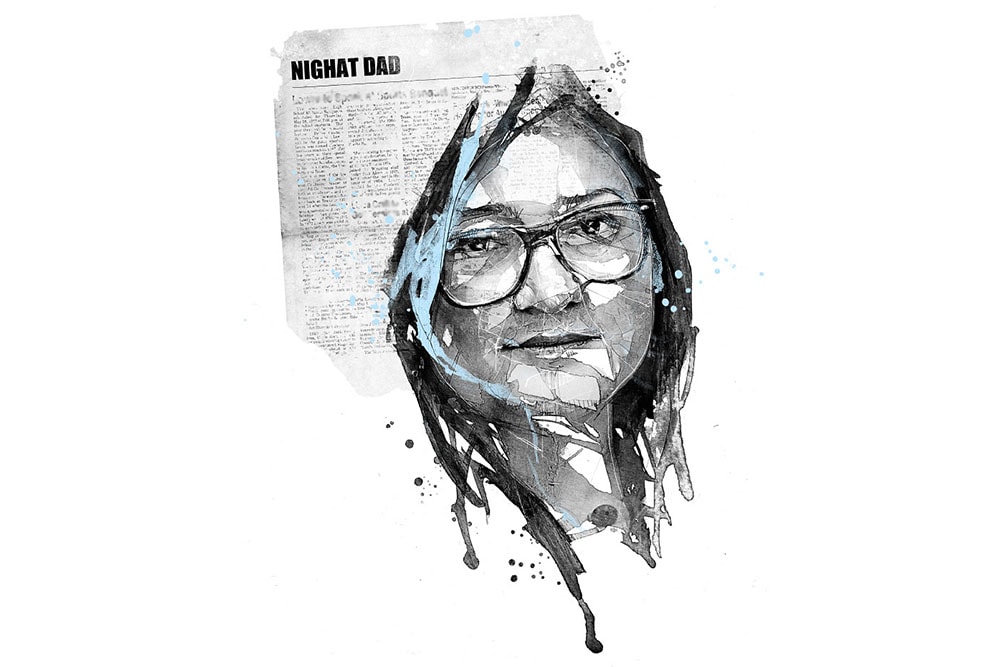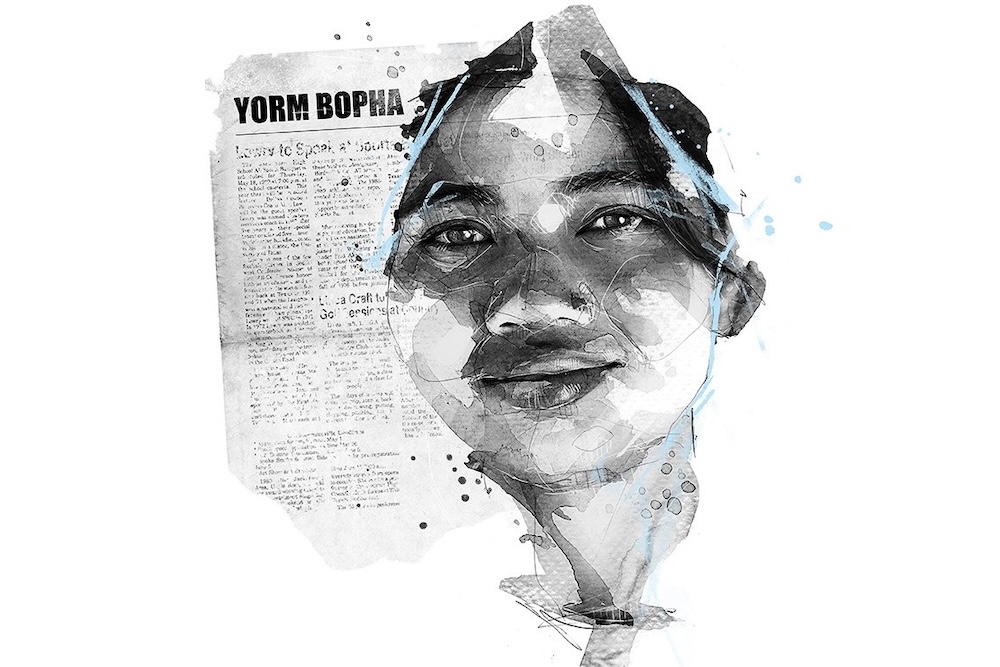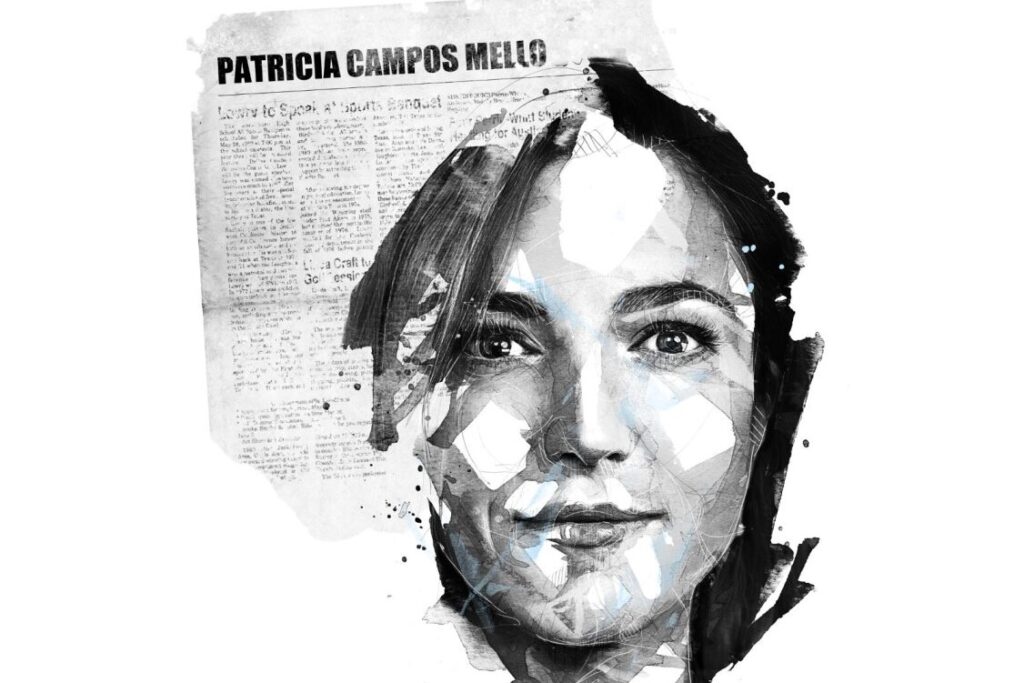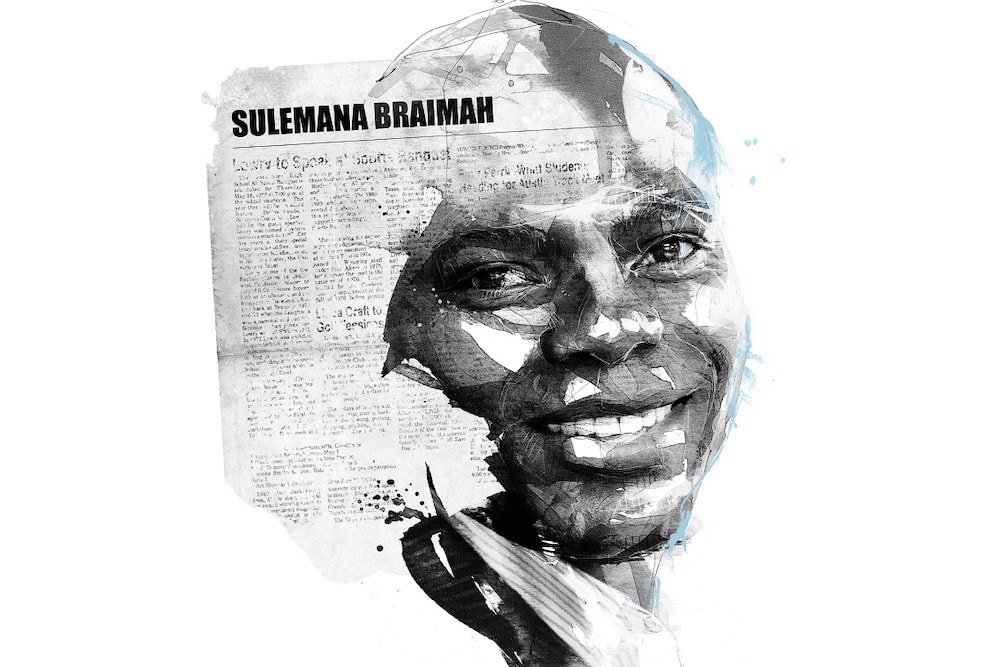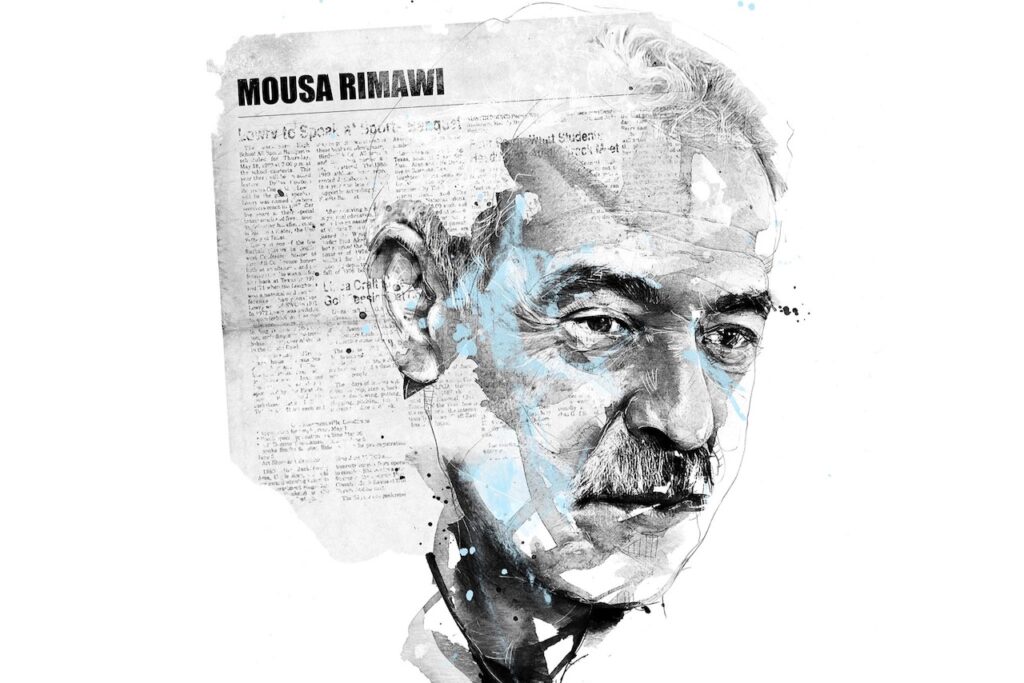Driven by the acute online harassment suffered by women in Pakistan, and stories of others murdered for having shared images or for merely owning a mobile phone, lawyer Nighat Dad set up the Digital Rights Foundation (DRF) in 2012. In May 2015 her name was added to TIME's Next Generation Leaders, a list that honours young people who are having a positive impact, and her work continues to be internationally recognized.
On the states: We do what we do because we know that the Internet has liberated our lives and [those] of so many others, and we want the same for all women in Pakistan.
Formerly a lawyer specialising in family law, Nighat Dad, now in her mid-30s, had her own early struggle to get online. In an interview for the makingallvoicescount.org website in April 2015 she said that for a while she herself had had to stop using the internet, under pressure from her family. She went on to tell of how, in 2009, she visited the USA on an international leadership program which introduced her to women’s rights and led her to reflect on discrimination against women in Pakistan.
Soon after, she and her colleagues began to research the use of the Internet among women in Pakistan, finding that not only were many women forbidden by their husbands and families to use the Internet or even to own mobile phones, commercial companies were offering software that enabled relatives to snoop on female family members. Dad was also shocked by the pervasive threats and harassment against women on social media, and reports of women being killed because of online activity.
Despite the dire situation, Dad is optimistic for the future. She has spoken of the changes in Pakistani society she has witnessed since she started campaigning, with men increasingly accepting the rights of women to safe and secure Internet access. Dad and her team at the DRF are working to promote this right through awareness raising projects, workshops and training courses on tech literacy and security, which are also extended to representatives of minority groups and human rights defenders.
The DRF is also campaigning for legislative change. Early in 2015 it celebrated a victory in its campaign to halt the progress of the Cyber Crime Act through parliament.
In May 2015 her name was added to TIME’s Next Generation Leaders, a list that honours young people who are having a positive impact.
In 2016 she was awarded the Atlantic Council Digital Freedom Award and the Dutch government’s Human Rights Tulip prize for her innovative work in Pakistan. She became a TED Fellow in 2016 and spoke at the TED Global stage.
Her team established a cyber harassment helpline to assist women experiencing online violence. She also founded the Hamara Internet project which seeks to create a safer online space for women. Reflecting on her experience working with women facing online harassment, she underscored the need for women to defend their rights.
“Quitting the internet is not the answer. Women and girls have to learn how to fight back, while sustaining their online presence.”
In her engagement with global institutions, she has been consistent in emphasizing the importance of understanding context in rolling out initiatives. “You cannot make a digital security guidebook about what you think about the global south and then send this material to us and say this is for you. No. You need to see what context and culture we live in and how the progressive and liberal principles can also be contextualized. It’s hard, but I feel that the change is coming.”
She was among the affiliates of the Berkman Klein Center for Internet & Society at Harvard University in 2016 and 2017. She joined The Tor Project’s board of directors in 2018. Facebook appointed her to its content oversight board in 2020, and she was included in the UN Secretary General’s high-level advisory board on Artificial Intelligence in 2023. During the same year, IFEX welcomed her as a member of the network’s council.
Illustration by Florian Nicolle
